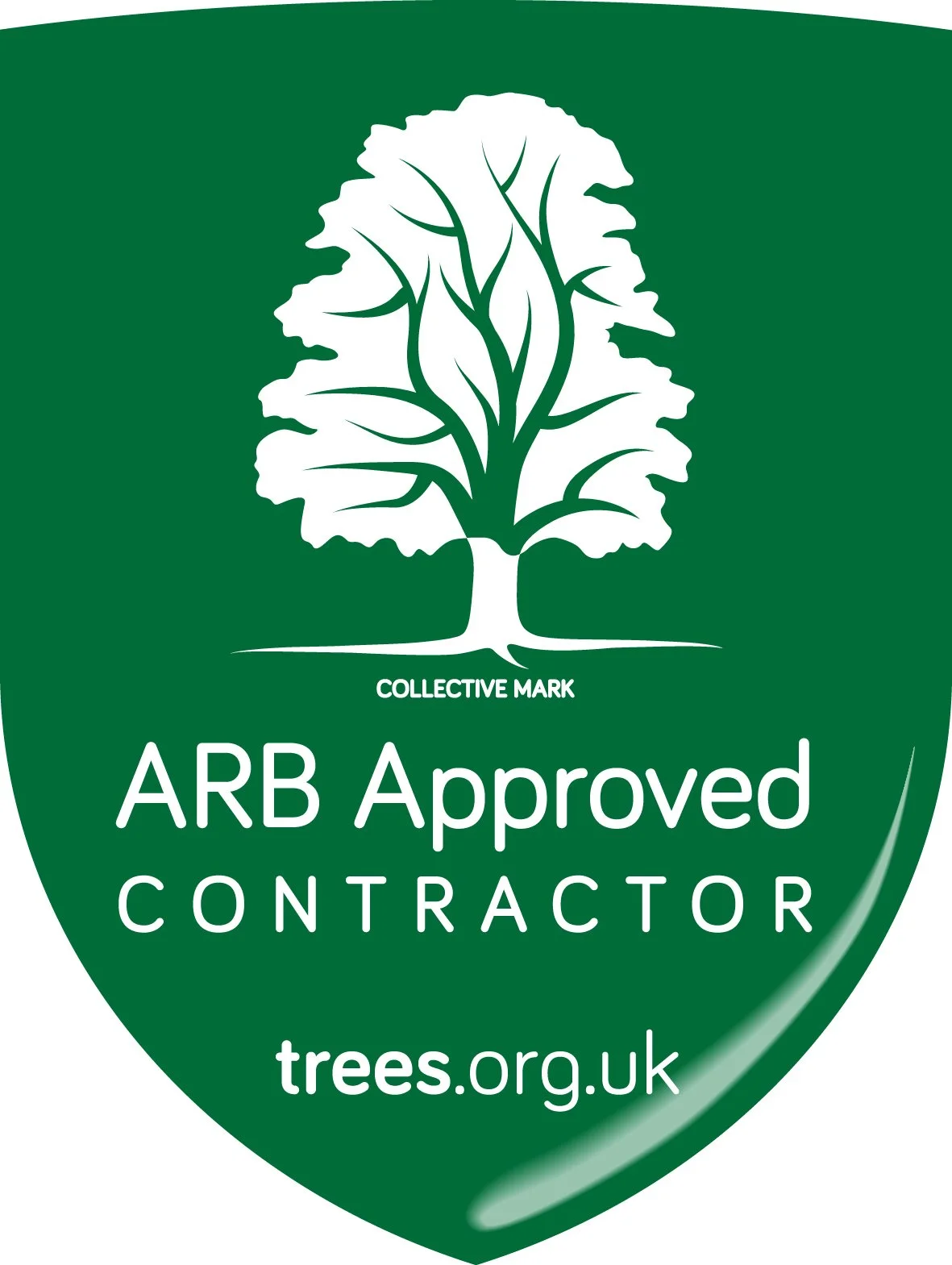We’ve had a lot of enquiries about Ash Dieback (or Chalara fraxinea) lately. The most up to date advice is DON’T PANIC! If you’re concerned about your trees click on this link: http://www.forestry.gov.uk/chalara. This gives a comprehensive description of the disease, its symptoms, and strategies for dealing with it. If you are still unsure contact us and we will be happy to advise.
The latest news is that the first well known outbreak that had been discovered in 2013 near Tiverton in Devon has not been contained and a further 1000 trees are now in the process of being felled, The infection has spread from the (imported) planted stock and appears to be in some of the older trees; it may have moved into the wider community, however, we have yet to see any signs of widespread decline of native Ash trees in Devon caused by this disease. The genetic variability within the Ash population is such that it is thought likely that some populations of Ash may be resistant to the disease. If you own or manage large areas of mature Ash then it is clearly sensible to regularly inspect your trees for signs of disease – pre-emptive felling of Ash trees is certainly not advised at this stage either for safety or bio-security reasons. If you own or manage any quantity of recently planted Ash trees then you should have already have been contacted by a representative from the Forestry Commission; if this isn’t the case then we advise that you contact them via any of the contact details that can be found on the web page below. It is believed that almost all the initial infections so far discovered have originated from planting stock imported from Europe and thus it is important that all these new plantings be traced and checked for the presence of Chalara.
Perhaps a wider issue is the fact that it is felt necessary to import Ash trees (or any other common native trees) from the continent rather than using home grown stock. Ash trees will, as almost anyone who has a mature tree growing near them will tell you, set seed like a weed and will appear to sprout from almost any crevice available. Even asking that the Ash that you buy comes from native seed may not stop that seed being harvested here in the UK, the seed being sent to the continent to grow on and the saplings then being sent back to the UK some years later! The reason normally given for this strange state of affairs is that the stock supplied from the continent is cheaper. In the short term this may be the case, but I doubt that anyone who has planted up a few acres with imported Ash trees in the last ten years, only to have an enforcement notice placed on them to destroy all the planted stock would consider this a cheaper option.
By Graham Joyce | July 2nd, 2015


